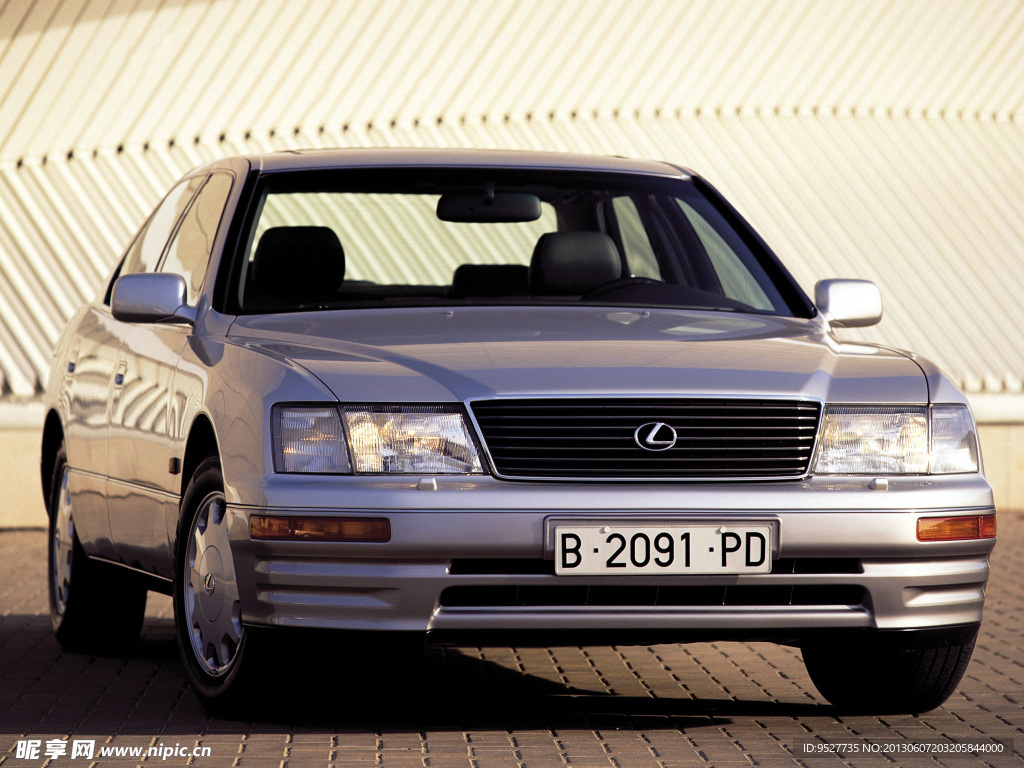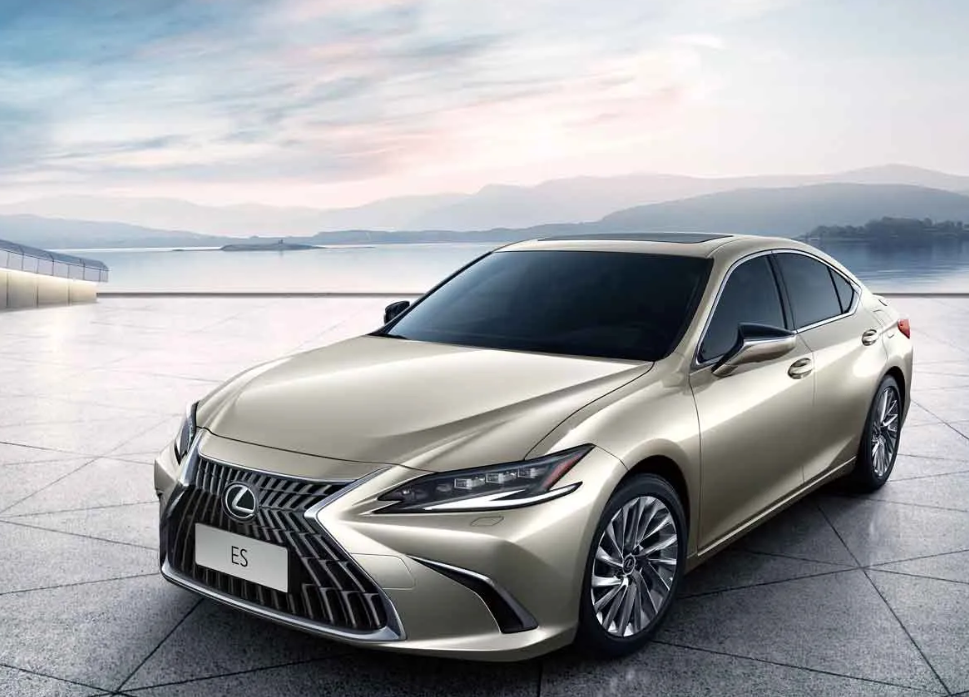For decades, the global luxury car market was dominated by entrenched European marques. Then, in 1989, something unexpected happened. Toyota, the world's largest automaker, launched an entirely new brand aimed squarely at the pinnacle of luxury: Lexus. The story of Lexus is one of audacious ambition, meticulous craftsmanship, and a distinctively Japanese approach to luxury that reshaped the automotive landscape.
The Genesis: A Toyota-Powered Revolution
Lexus isn't a separate company; it’s the luxury vehicle division of Toyota Motor Corporation. The relationship is fundamental. Lexus was born from a daring, top-secret project within Toyota in the early 1980s, codenamed "Circle F" (Flagship). Toyota's leadership, particularly Chairman Eiji Toyoda, challenged engineers to create "the world's best car" – a vehicle that could surpass the established German benchmarks in Mercedes-Benz and BMW in quality, refinement, and quietness, while offering superior value. This wasn't just a new model; it was a mission to build an entirely new luxury brand from the ground up. Toyota invested heavily, leveraging its vast engineering resources, manufacturing expertise, and legendary quality control systems (like the Toyota Production System), but demanded unprecedented levels of perfection specifically for Lexus.
The Debut that Stunned the World: The LS 400
The result was the Lexus LS 400, unveiled in 1989. It wasn't merely good; it was a revelation. Journalists and consumers were astounded by its near-silent cabin, its incredibly smooth and powerful V8 engine, its faultless build quality, and its competitive price. It delivered a level of refinement and reliability that forced the established luxury players to take immediate notice. This debut wasn't just a successful car launch; it was the explosive arrival of a formidable new competitor in the luxury space.

Lexus LS400
Defining the Lexus Style: Refined, Not Flashy
Lexus cultivated a distinct brand identity, different from its European rivals:
"The Pursuit of Perfection": This early slogan encapsulated the ethos. Lexus focused obsessively on quality, reliability, durability, and meticulous attention to detail. The goal was faultless ownership experience.
Quiet Confidence over Ostentation: While European brands often emphasized performance heritage or overt status, Lexus championed understated elegance, serenity, and effortless comfort. It was luxury that whispered, not shouted. Think smooth lines, high-quality materials (like genuine wood and soft leather), and exceptional noise isolation.
"Omotenashi": This Japanese concept of selfless, anticipatory hospitality became central to the Lexus ownership experience. It translated into exceptional customer service at dealerships, designed to make owners feel genuinely valued and cared for.
Engineering Excellence: Leveraging Toyota's prowess, Lexus prioritized sophisticated engineering solutions for smoothness, quietness, and fuel efficiency (later becoming a hybrid leader). The ride was often tuned for comfort first, though sportier models (like the IS, GS F, and the legendary LFA supercar) expanded the brand's range.
Relentless Refinement: Lexus became synonymous with vehicles that felt impeccably put together, with tight panel gaps, high-quality interior materials, and controls that operated with a satisfying precision.
Signature Features and Evolution
The Lexus Grille: Evolving from a simple chrome rectangle to the now-iconic, bold "Spindle Grille" (though recently evolving again towards a more integrated "Spindle Body"), it became a powerful and recognizable design signature.
Hybrid Leadership: Lexus pioneered luxury hybrids with the RX 400h in 2005, making advanced hybrid technology synonymous with quiet, efficient, and powerful luxury. They remain a leader in this segment.
Exceptional Cabin Calm: Lexus continually pushes boundaries in acoustic engineering and vibration dampening to create some of the quietest cabins in the industry.
Takumi Craftsmanship: Highly skilled Takumi craftsmen play a vital role, particularly in interior assembly and quality inspection, ensuring attention to detail that machines alone cannot achieve.
Lexus Today: Embracing the Future
Lexus has matured into a globally respected luxury powerhouse, consistently ranking high in reliability and customer satisfaction surveys. While maintaining its core values of quality, refinement, and customer care, it's navigating the industry's shift:
Expanding Lineup: Offering a wide range from compact sedans (IS, ES) and SUVs (UX, NX, RX, GX, LX) to performance coupes (LC, RC) and electrified options.
Electrification: Aggressively moving towards electrification with hybrid versions of almost every model and the introduction of its first dedicated Battery Electric Vehicle (BEV), the RZ. The brand aims for a full BEV lineup by 2035.
Driving Dynamics: Investing heavily in new platforms (like GA-L) and performance technologies to enhance driving engagement, appealing to a broader audience without sacrificing core comfort.
In Essence
Lexus is the embodiment of Toyota's relentless pursuit of excellence applied to the luxury segment. Born from a bold challenge, it carved its niche not through heritage alone, but through demonstrably superior quality, whisper-quiet refinement, exceptional reliability, and uniquely Japanese hospitality. While evolving with electrification and sharper design, Lexus remains defined by its commitment to a serene, impeccably crafted, and deeply satisfying ownership experience – a distinct and compelling vision of modern luxury forged in the heart of Toyota.

 Specialized in ProductWe have an excellent technical team, which can be designed according to customers requirements.
Specialized in ProductWe have an excellent technical team, which can be designed according to customers requirements. Specialized in ProductWe have an excellent technical team, which can be designed according to customers requirements.
Specialized in ProductWe have an excellent technical team, which can be designed according to customers requirements. Specialized in ProductWe have an excellent technical team, which can be designed according to customers requirements.
Specialized in ProductWe have an excellent technical team, which can be designed according to customers requirements. Specialized in ProductWe have an excellent technical team, which can be designed according to customers requirements.
Specialized in ProductWe have an excellent technical team, which can be designed according to customers requirements. Specialized in ProductWe have an excellent technical team, which can be designed according to customers requirements.
Specialized in ProductWe have an excellent technical team, which can be designed according to customers requirements.










